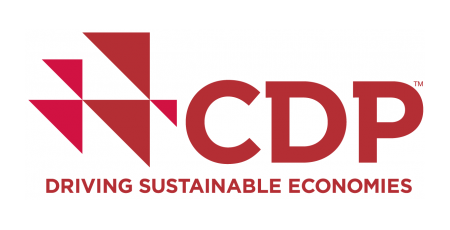
If you’ve never reported to CDP before, here are six reasons why you should:
- Your investors want you to. A few years ago, Goldman Sachs released a study documenting how the publicly traded stocks of sustainability reporters outperformed that of non-reporters. This watershed moment marked a tipping point in the “green is gold” movement—the belief that strategic sustainability enhanced profits. Non-financial disclosure is now becoming a prerequisite to be listed on stock exchanges, written into law across the EU, and de rigueur for procurement and investment RfPs of all types.
- Your stakeholders demand it. Consumers, business partners and other entities are clamoring for transparency around ESG performance. A student-led movement at Stanford recently concluded with the divestment of coal stocks from the university’s endowment. Every year, proxy votes become more contentious around the issue of climate change risk, forcing companies to take action. Disclosing to CDP can communicate a message to stakeholders that you’re serious about tackling the environmental challenges material to your business.
- Everyone is doing it. More than 4,500 organizations globally—including over 80% of the Global 500—report to CDP. This collective wisdom suggests these organizations see and are realizing value in excess of the costs and burden it takes to report. There’s merit in going with the flow!
- The reporting process will make you rethink your business. The act of disclosing inherently means embarking on an effort to measure your performance in new ways. That’s a good thing. A focus on energy and carbon reduction helped Alcoa dramatically cut costs and Interface Carpets monetize an entire new strategic direction. Sustainability disclosure will expose new risks, new ways to cut cost, and reveal new products and service opportunities.
- Benchmarks matter. The hardest part of sustainability reporting is just getting started. Choosing to report to a world-renowned and industry-agnostic standard like CDP is a great way to launch your disclosure efforts while getting an excellent benchmark against your peer group.
- You will learn how to better attract, retain, and engage top talent. Recent studies have shown that sustainability is an important factor in acquiring talent. Involving employees in your sustainability programs leads to higher levels of engagement on the job, particularly among millennials who want to make a difference through their work.
For first-timers, CDP reporting can be daunting. It doesn’t have to be though—Measurabl is teaming up with innovative companies like VMware, Intuit and Jack Morton Worldwide to pilot new, simplified, and more accurate approaches to CDP reporting. If you’d like to learn more, please reach out!